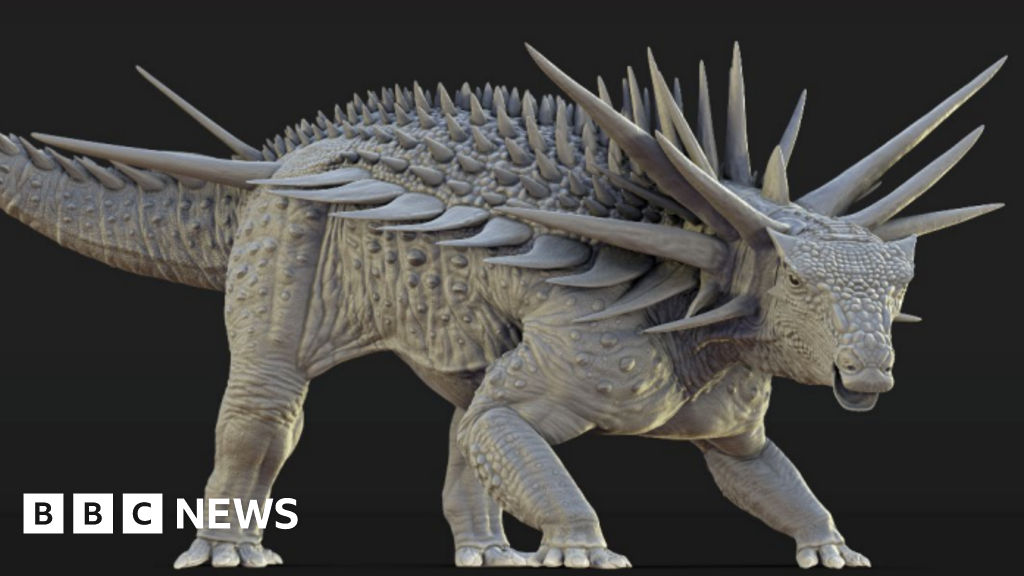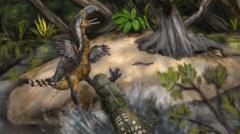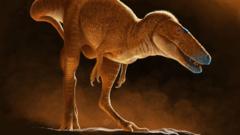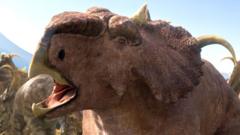Scientists have unearthed Australia's oldest known crocodile eggshells, believed to have belonged to an ancient group of crocodiles known as 'drop crocs'—creatures noted for climbing trees to hunt prey below.
The 55-million-year-old eggshells were discovered in a sheep farmer's backyard in Queensland, with the findings documented in the Journal of Vertebrate Paleontology.
These eggshells are attributed to a long-extinct category of crocodiles called mekosuchines, which thrived in what was once lush, wet terrain when Australia was connected to Antarctica and South America.
Co-author Prof. Michael Archer commented on the peculiar nature of these 'drop crocs,' suggesting that they may have hunted similarly to leopards, dropping down from trees to catch unsuspecting prey.
Prof. Archer, a palaeontologist at the University of New South Wales, noted that mekosuchine crocodiles could reach lengths of up to five meters and thrived well before saltwater and freshwater crocodiles appeared in Australia, approximately 3.8 million years ago.
The eggshells had been found decades earlier but were only recently analyzed through a collaboration with scientists in Spain.
This discovery complements previous findings of younger mekosuchine fossils from a different Queensland location. The clay pit at Murgon, where the eggs were found, has been recognized as one of Australia’s oldest fossil sites, known for yielding an array of ancient fauna—including the oldest-known songbirds, early frogs and snakes, a range of small mammals, and one of the world’s oldest bats.
Reflecting on the excavation's history, Prof. Archer recalled asking a local farmer for permission to dig in 1983, a move that would lead to numerous discoveries that have continually surprised palaeontologists.

















